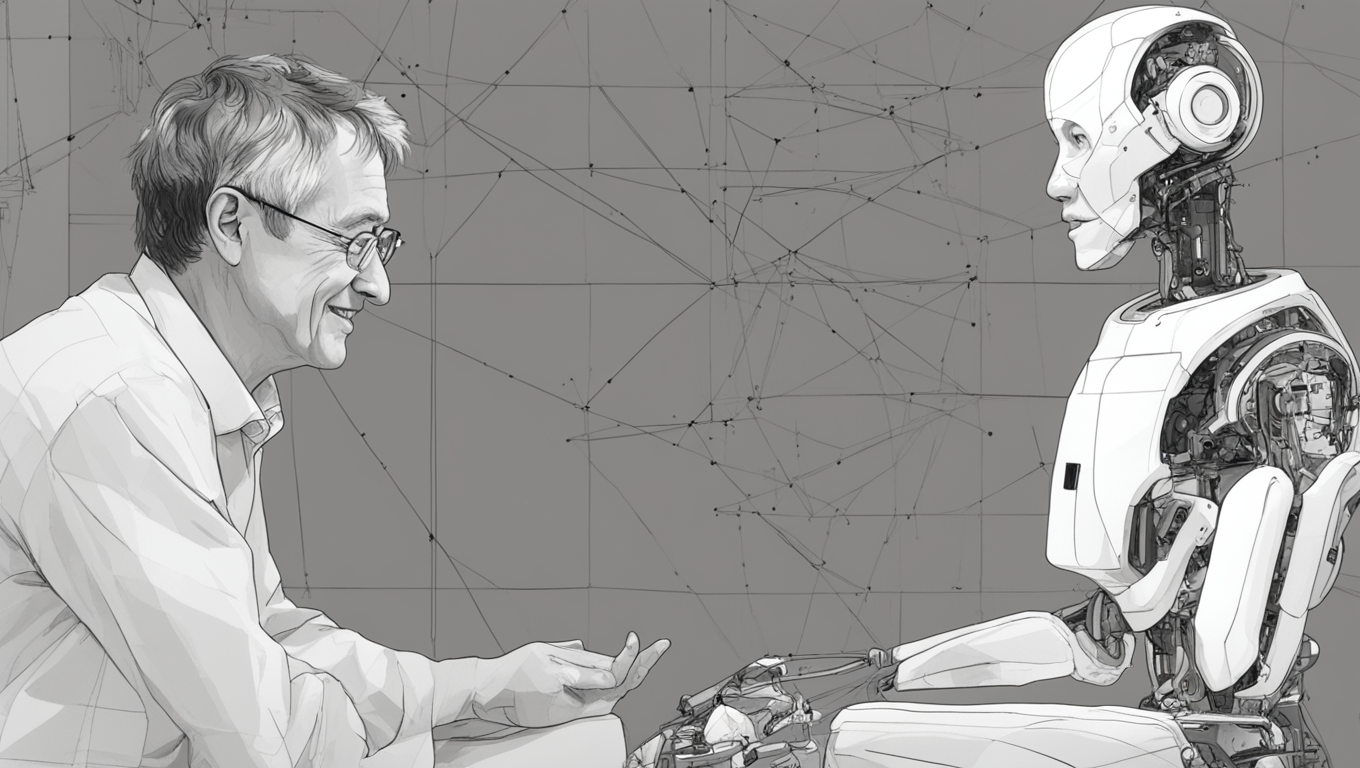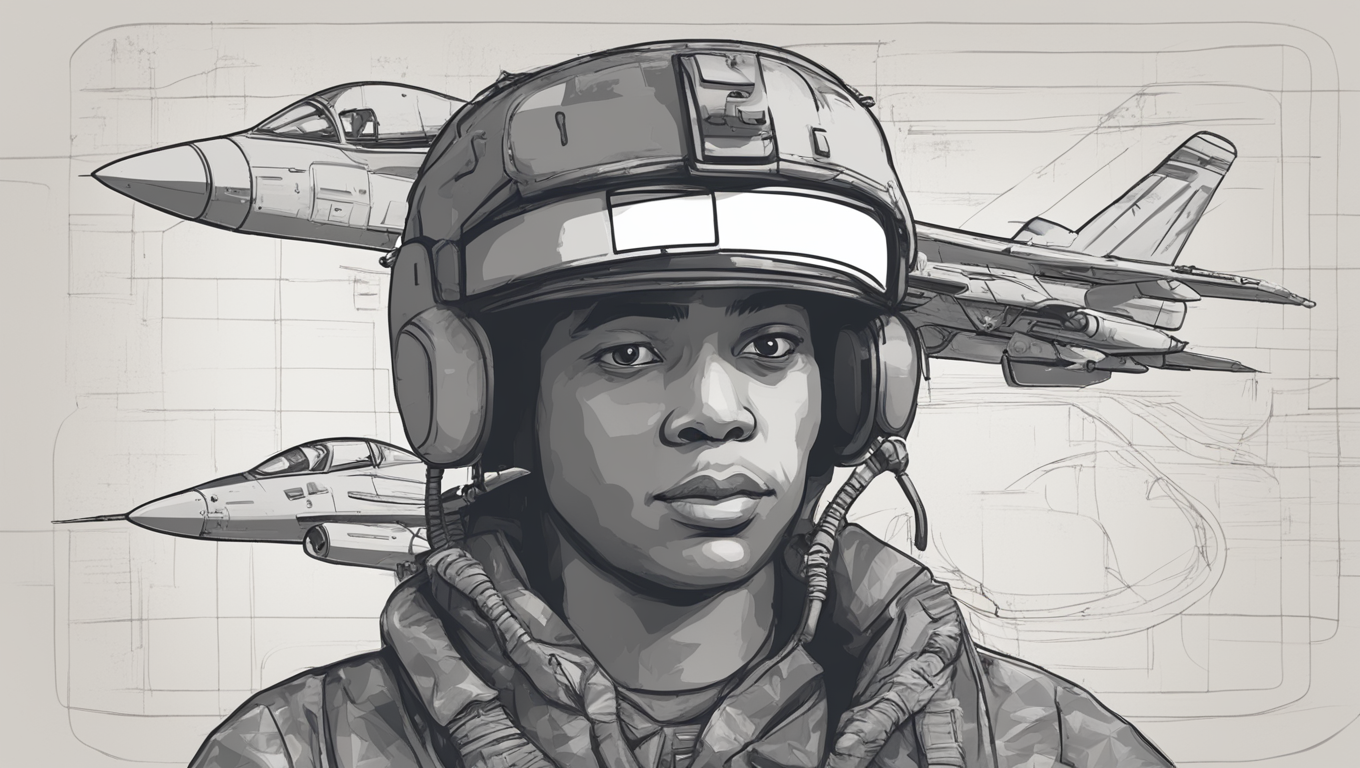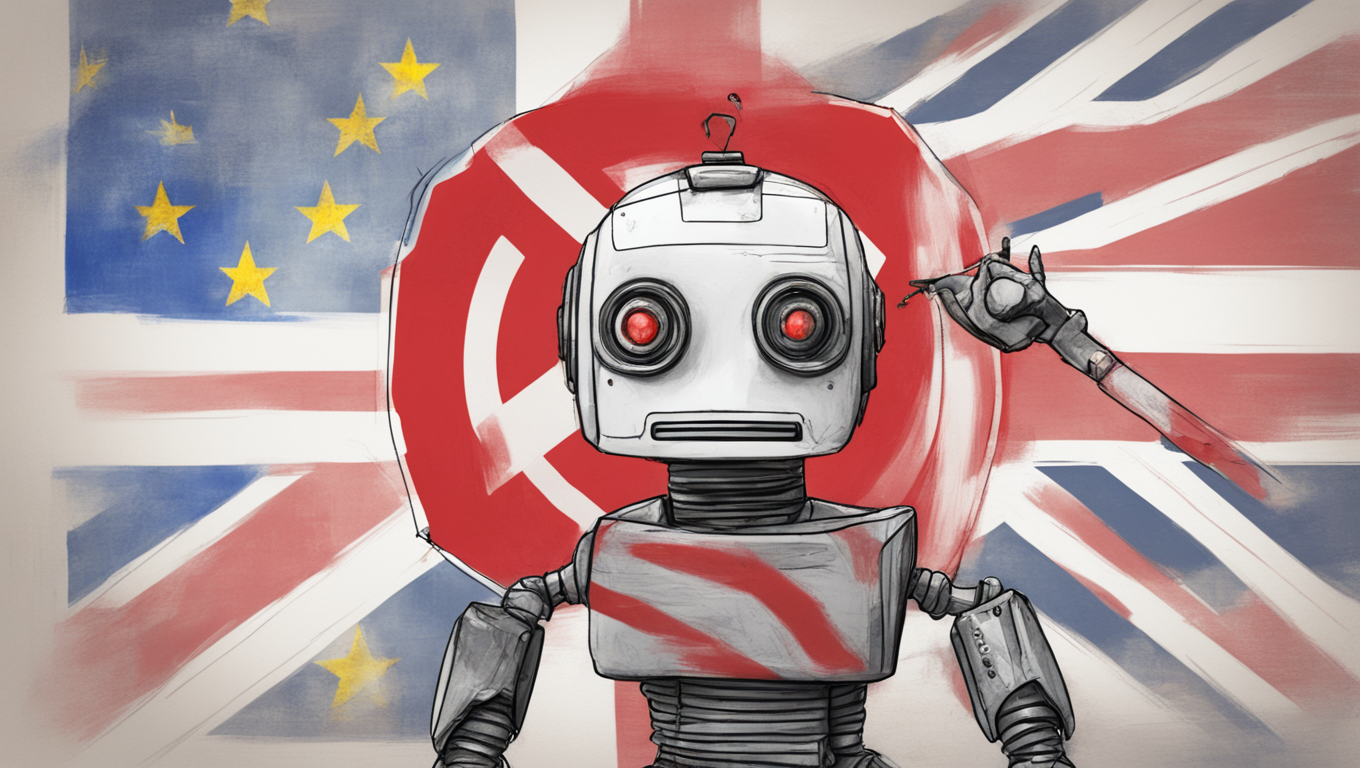Artificial intelligence (AI) has been advancing at an unprecedented rate, and the question on everyone’s mind is: what will happen when it surpasses human intelligence in every domain? To shed light on this topic, Nikkei reporters recently had the privilege of interviewing Professor Emeritus Geoffrey Hinton, also known as the “Godfather of AI Research,” at his home in Canada. Hinton has been at the forefront of AI research for decades and has witnessed its remarkable evolution firsthand.
During the interview, Hinton shared his thoughts on the future of AI and humanity, giving us a glimpse into the potential implications of this groundbreaking technology. When asked about the impact of AI on society, he emphasized the need for a balanced approach. Hinton stated, “AI has the potential to solve some of the world’s most pressing problems, but we need to be cautious about how we integrate it into our lives.” This sentiment reflects the sentiment of many experts in the field, who emphasize the importance of considering the ethical and social implications of AI development.
One of the key areas where AI is expected to transform society is healthcare. With its ability to analyze vast amounts of data and identify patterns that humans might miss, AI has the potential to revolutionize medical diagnosis and treatment. Hinton highlighted this potential, saying, “AI algorithms can process medical data with incredible accuracy and efficiency, leading to better patient outcomes and improved healthcare delivery.” He also mentioned the increasing importance of interdisciplinary collaborations between AI researchers and healthcare professionals to ensure that AI is effectively applied in the medical field.
Another area where AI is poised to make a significant impact is transportation. With the advent of autonomous vehicles, AI has the potential to revolutionize the way we travel. Hinton discussed this potential, stating, “Self-driving cars have the potential to reduce traffic congestion and accidents, and improve overall transportation efficiency.” However, he also highlighted the need for careful regulation and safety measures to ensure the responsible deployment of AI technologies in the transportation sector.
Perhaps one of the most intriguing aspects of the interview was Hinton’s perspective on the relationship between AI and human intelligence. Contrary to some doomsday predictions, Hinton believes that AI will not replace human intelligence but will instead complement it. He stated, “AI and human intelligence have different strengths and weaknesses. By combining the two, we can achieve far more than either can accomplish alone.” This perspective aligns with the concept of “augmented intelligence,” wherein AI enhances human capabilities rather than replacing them.
When asked about the potential risks associated with AI, Hinton acknowledged that there are legitimate concerns, particularly in the areas of privacy, security, and job displacement. He emphasized the need for robust safeguards and regulations to address these concerns effectively. Hinton believes that addressing these risks requires collaboration between academia, industry, and policymakers to ensure responsible and ethical AI development.
In conclusion, the insights shared by Professor Geoffrey Hinton provide a valuable perspective on the future of AI and humanity. While the full extent of AI’s impact remains uncertain, it is clear that AI has the potential to revolutionize society in numerous fields, from healthcare to transportation. By approaching AI development with caution and considering its ethical implications, we can harness the true potential of this transformative technology while minimizing risks. As we move forward, collaboration and responsible decision-making will be key to shaping a future where AI and human intelligence work together harmoniously.





Use the share button below if you liked it.